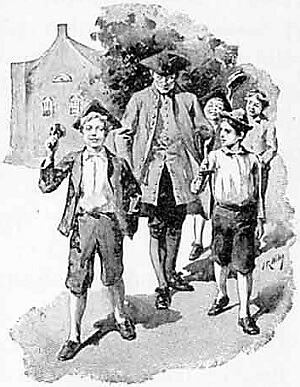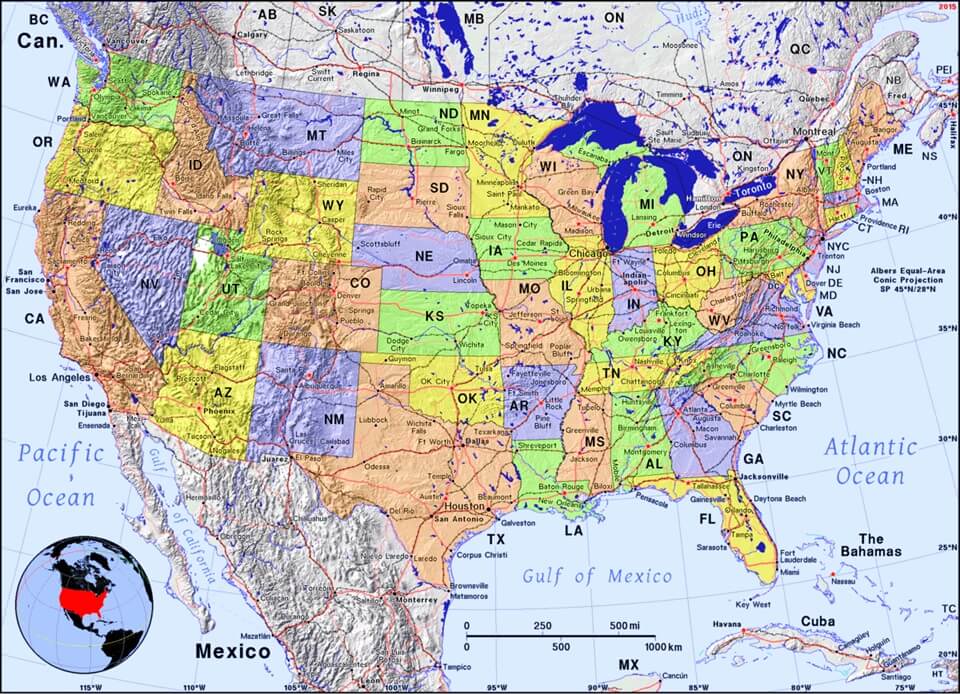 Stories of American Adventure
Stories of American Adventure
Stories of American Adventure
Stories of American Adventure


 Stories of American Adventure
Stories of American Adventure
Stories of American Adventure
Stories of American Adventure

Study the lesson for one week.
Over the week:
Activity 1: Narrate the Lesson
Activity 2: Map the Lesson
The story takes place in Philadelphia, Pennsylvania. Zoom in on the map, and find Pennsylvania (PA) and the city of Philadelphia.

Activity 3: Act Out the Story
Act out someone being tardy for school and being brought in by committee.
Activity 4: Discuss the Story
Discuss whether you think it was right for the boys to parade Mr. Dove through the streets when Mr. Dove was late.
Activity 5: Act Out the Story
Activity 6: Complete Coloring Pages, Copywork, and Writing
